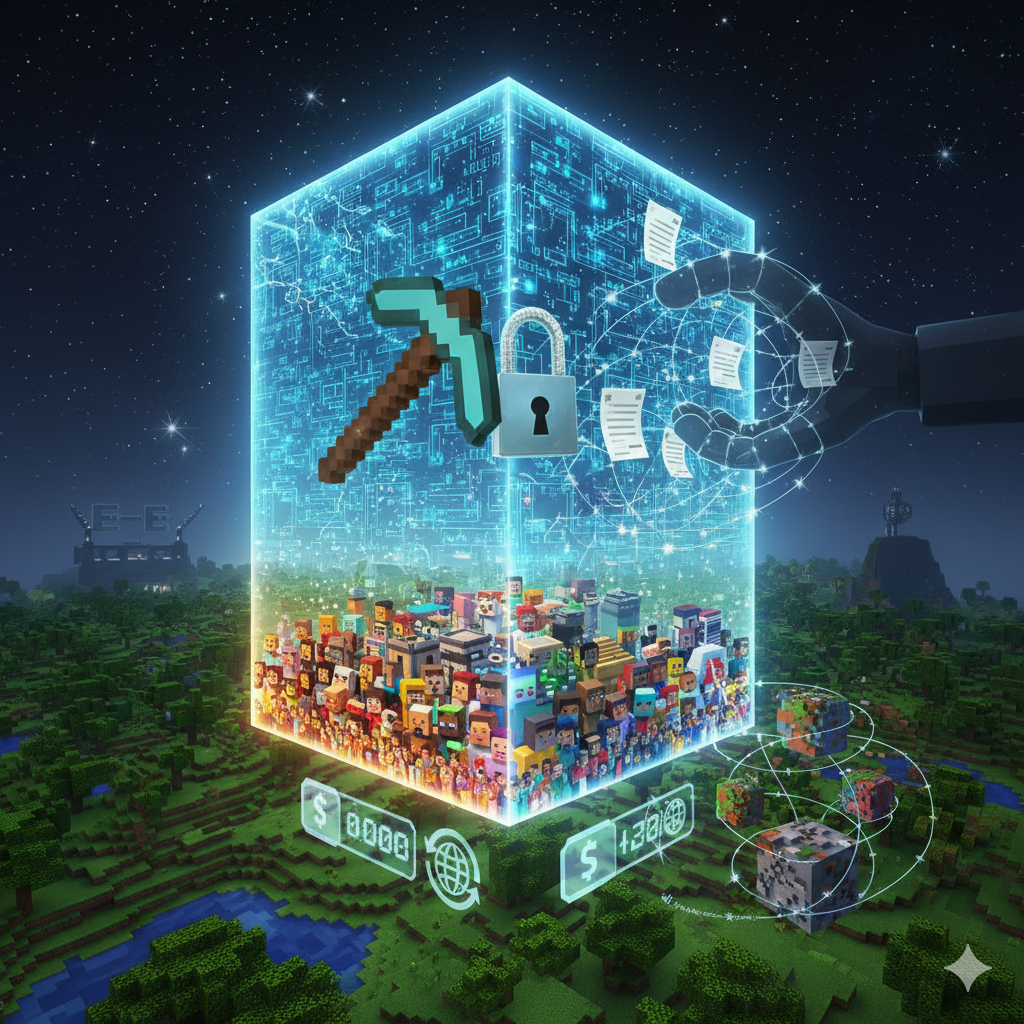
Mojang’s De-obfuscation: A Gift to Modders or a Legal Trap?
I was watching this video from KasaiSora, “Modded Minecraft Is Going to Change Forever,” and it got me thinking about Mojang’s big announcement on removing obfuscation from the Java Edition.
My first thought is that this update will make it even easier for unofficial clients and servers to exist. It’s a massive step in transparency. But I absolutely believe everyone should pay for the game, which leads me to a more skeptical, perhaps nefarious, take.
The Skeptical View: Is This a Trap?
Nefariously, this could be a strategic “trap.” By de-obfuscating their code, Mojang is making its specific, copyrighted code public. Now, copyright law doesn’t protect the idea of a voxel game, but it absolutely protects the “particular manner of an author’s expression” (as detailed here by the American Bar Association: Why Videogame Rules Are Not Expression). This move could be designed to entice competing games to “learn” from it and create code that is “substantially similar.” That’s a key legal test for infringement, and in software, it’s often determined by the “Abstraction-Filtration-Comparison test” (Wikipedia). This would make it much easier for Microsoft to sue them out of existence.
I never see Microsoft as acting in a purely benign way, and this fits their old “Embrace, Extend, Extinguish” playbook perfectly (Wikipedia). If it’s not a legal trap, then the only other option is that we’re about to see the entire voxel industry explode with innovation.
A Modder’s Take on Piracy and Pricing
As a modder and mod pack designer myself, I’d rather see Minecraft itself explode and become even more prolific. The best way to do that, and get more people to actually pay for the game, is to address the price.
For 1st and 2nd world countries, the price isn’t steep. But for much of the rest of the world that is finally online, that same cost represents rent or utilities. This, in my opinion, is the real reason for high piracy rates. It’s not a moral failing, it’s a “global pricing problem.” An academic paper on the subject found that in emerging economies, high prices make legal games a luxury, and piracy becomes the de facto distribution system (Piracy as a Market Strategy for Video Games).
A lower price point would convert a majority of those who pirate into paying customers. Another article notes that a major reason for piracy is “untapped markets” where gamers don’t feel the content justifies the high price tag (Modern gaming brings a change in attitude…). But here’s the key: it must be a single, lower global price. If they just use regional pricing, everyone will just use a VPN to get the cheaper copy, which is a direct violation of Steam’s Terms of Service and can get your account banned (How to Change Regions on Steam). Make it accessible for everyone, everywhere, at one fair price.

